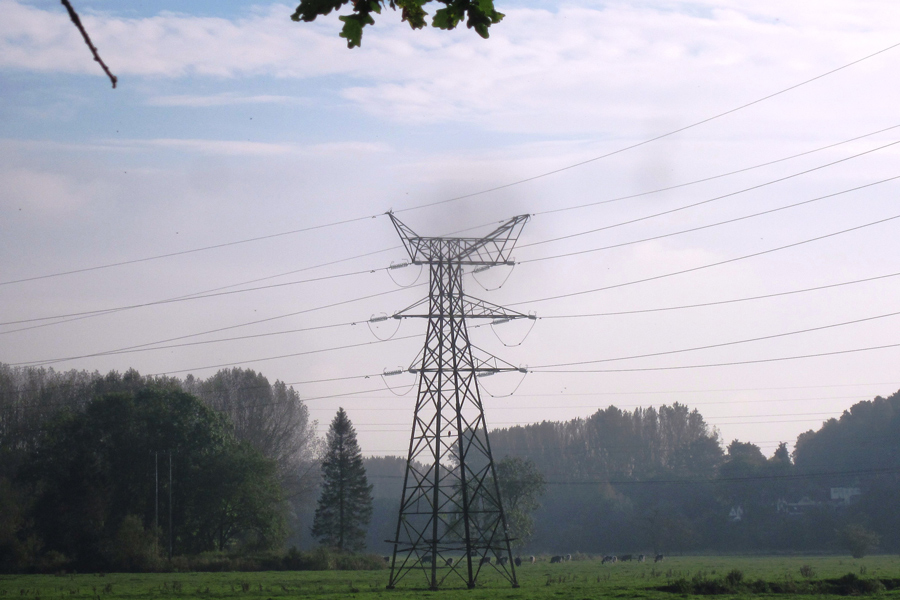
New date to ban petrol cars is a good move forward
A decision to bring forward the ban on the sale of petrol and diesel cars by five years from 2040 to 2035 is a step in the right direction, says a green energy expert.
“This is a good move forward to cut emission and to help the UK to be carbon-neutral by 2050,” said Ron Fox, of Noreus Ltd on the University of Keele Science and Innovation Park. “But the Government now needs to put a strong robust plan to make sure this extremely challenging plan is achievable in 15 years’ time.”
He said he was not surprised by the announcement as the Conservatives had been under mounting pressure to impose more drastic measures to tackle climate change than those first declared back in 2017. But he didn’t expect the greener hybrid and plug-in hybrid vehicles to be included in the ban.
However, the Government’s technology advisory body had called for the date to be brought even further forward.
It was supported by environmentalists who said the deadline was unambitious, compared to other European countries such as the Netherlands, Ireland and Denmark who all plan to phase out new petrol and diesel car sales in 2030 and Norway by 2025.
Prime Minister Boris Johnson announced that they would work with the motor industry to accelerate the rollout of zero emission vehicles, including pure electric cars and those powered by hydrogen by 2035.
But last week the Transport Secretary, Grant Shapps, said the UK’s planned ban on sales of new petrol, diesel or hybrid cars could start as early as 2032.
Although 37,850 battery electric cars were sold in the UK last year, more than double the year before, the figure is only 1.6 per cent of new cars bought and just 0.2 per cent of the total number of vehicles on UK roads.
But 2019 saw the first decline in sales of plug-in hybrids, not helped by the government cutting the £2,500 plug-in grants in October 2018.
When the grant was available for the first 10 months of 2018, a total of 42,232 plug-in hybrids were registered compared to just 15,510 battery electric vehicles.
In 2019 only 34,737 new plug-in hybrids were bought – a decline of 17.8 per cent compared to 37,850 registrations of pure electric vehicles, an increase of 144 per cent.
However, conventional hybrid electric cars that are ‘self-charging’ and can’t be plugged into the mains, saw registrations rise by 17 per cent last year to 97,850.
The government said they had cut the grant because they had found evidence that owners were not plugging them in, ‘negating the environmental benefits and undermining the incentives’.
But a £3,500 subsidy towards buying a battery electric car still remains today, though only for the next two months when it is due to expire and may not be renewed.
“Hopefully,” said Ron, “setting this new deadline will encourage car manufacturers to increase their efforts to produce more electric cars and, as technology improves and costs fall, consumers will increasingly make the switch.
“That will depend on there being enough roadside chargers, batteries and electricity to power the new vehicles.”
For more information about green energy call Ron on 01782 756995.




